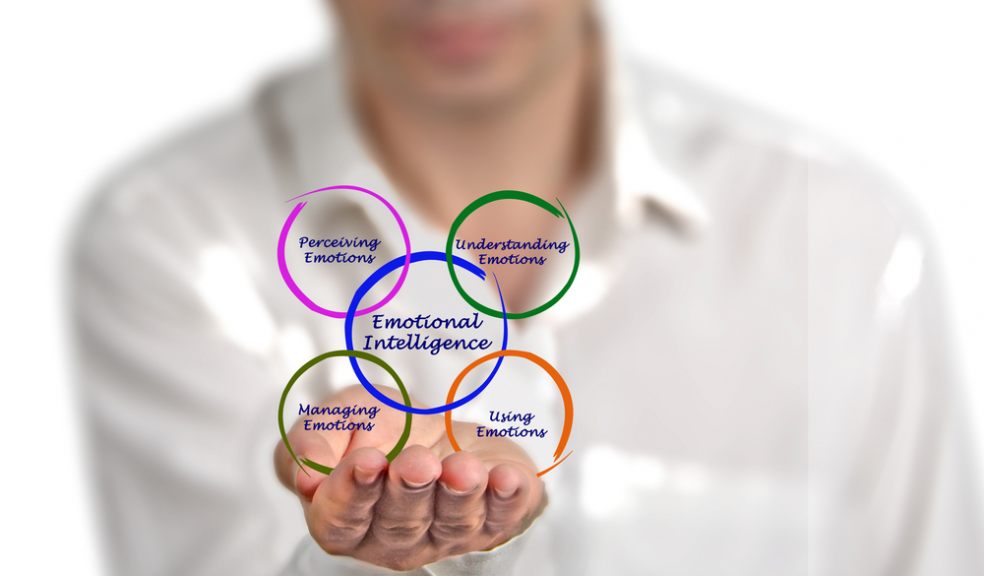
Why is Emotional Intelligence Important?
Most people will have undertaken an IQ test at some point in their lives. IQ is a measure of an individual’s intellectual, analytical, logical and rational abilities; their verbal, spatial, visual and mathematical skills. These cognitive abilities and technical skills are important for schooling and professional qualifications. For instance, someone requires an IQ of at least 110-120 to get an advanced degree such as an MBA.
But then what differentiates, say, one solicitor from another? Why are some people better at sales, communicating or leading others? The answer may well emotional intelligence.
Emotional Intelligence has been defined as:
‘The personal and inter-personal skills and capabilities that enable one to cope successfully and influence environmental demands and pressures.’ Dr Reuven Bar-On
Unlike personality, which is fixed over the long term (life events not withstanding), emotionally intelligent behaviours (competencies) are enhanced over time. We can choose to be better listeners, deal with stress appropriately and flex our assertiveness to develop better relationships and understand ourselves.
As part of our outgoing commitment to raising awareness about the benefits of emotionally intelligent interactions in the workplace, Crisp Professional Development are an accredited provided of EQi2.0 profiles.
The EQi2.0 is a scientifically valid (reliable and verifiable) tool developed by Dr Reuven Bar-On, one of the early proponents of emotional intelligence. Participants answer 133 questions online, and a sophisticated and detailed report is produced allowing a qualified practitioner (often a coach, but not always) to enter into a discussion with the individual. The report can be used in coaching sessions, for leadership development, succession planning and 360 degree feedback. The competencies can then be discussed and developed over time.
Emotional intelligence is important because it is the differentiator. Much research has been published showing the ROI of emotional intelligence development programmes, and the concept, long accepted in USA, is now gaining credence here.
As Dan Pink has recently written, more and more of us are now in the people moving business, and we are moved through emotion and not logic. Emotions are contagious, and bad emotions are bad for business.














